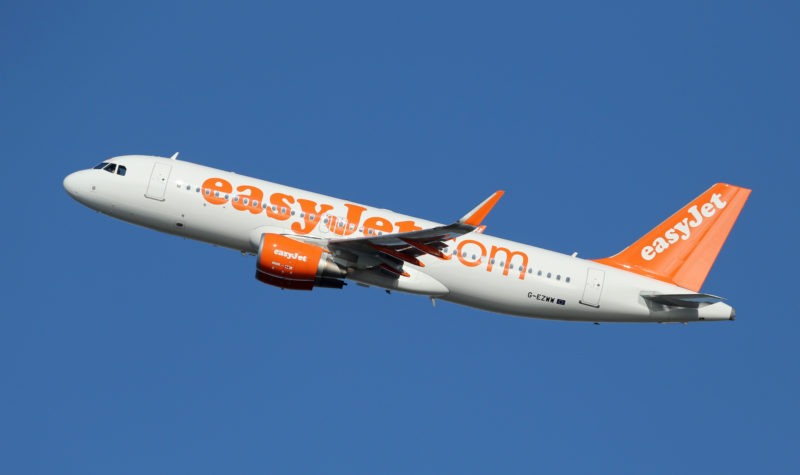2 struggling FTSE 100 stocks with turnaround potential

Investing in cyclical shares such as travel companies easyJet (LON:EZJ) and TUI (LON:TUI) can be a risky business. Their performances can be highly volatile, with recent months being challenging for both companies from an operational and financial standpoint.
While in the short term they may continue to struggle largely as a result of market weakness, their valuations suggest that over the long term they may be able to generate successful recoveries.
easyJet
| Master Investor Magazine
Never miss an issue of Master Investor Magazine – sign-up now for free! |
The recent first-quarter update from budget airline easyJet showed that it is becoming increasingly cautious about its prospects for the second half of the year. Brexit-related uncertainty is causing consumer confidence to decline, with it being at a five-year low in the UK. This is causing increasing softness in ticket yields, and may mean that its financial outlook is downgraded.
The company is increasing capacity through strengthening its position in key markets, as well as via acquisitions. This could improve its competitive position versus peers over the long run, and may mean that it is well-placed to eventually benefit from improving operating conditions.
Although a rising oil price may push its costs higher in the near term, the company has a solid track record of disciplined cost control. Alongside this, a net cash position means that it may be able to increase its market share should other budget airlines experience financial difficulties as a result of uncertain market conditions.
Since easyJet has a P/E ratio of 9, it seems to offer a large margin of safety. As with any cyclical stock, buying at a low share price is fraught with risk due to an unclear outlook. But with the company seeming to have a relatively strong position within the budget airline industry, it could deliver improving share price performance over the long run.
TUI
TUI’s recent first-quarter update also showed some weakness. The company has been impacted by declining consumer confidence, as well as weakness in the value of sterling. There has also been a shift in consumer demand from the Western Mediterranean to the Eastern Mediterranean, with capacity issues not allowing the company to fully capitalise on this trend.
In terms of its growth strategy, it plans to launch three cruise ships and open 28 hotels in the current year. It is also investing in the digitalisation of its business, while seeking to improve the uniqueness of its offering in order to boost differentiation. Acquisitions have also formed a key part of its growth strategy, with recent deals being successfully integrated according to the company’s updates.
Since TUI’s share price has fallen by 50% in the last year, it now has a P/E ratio of just 7. This indicates that investors are anticipating continued difficulties for the business over the short run. While that may be the case, its strong position in a wide range of key markets means that, over the long run, it may be able to command a significantly higher rating.

I went on a TUI caribean cruise which was fine –
Very imoressed by Dreamliner plane to/from Birmingham-Barbados